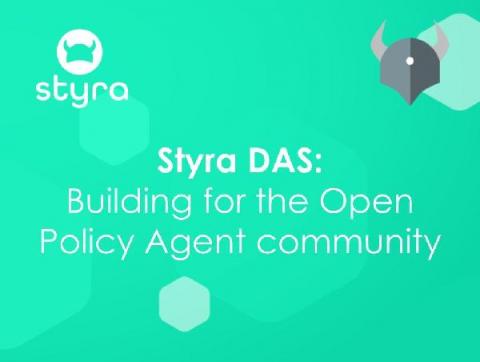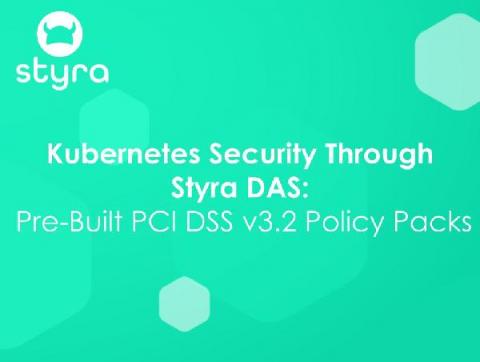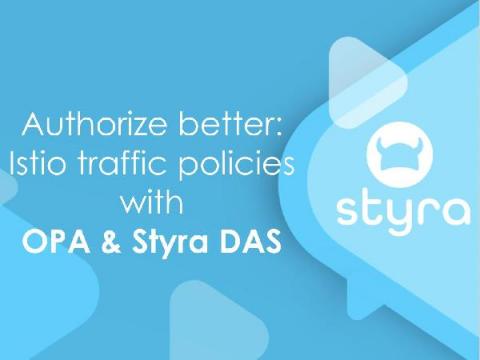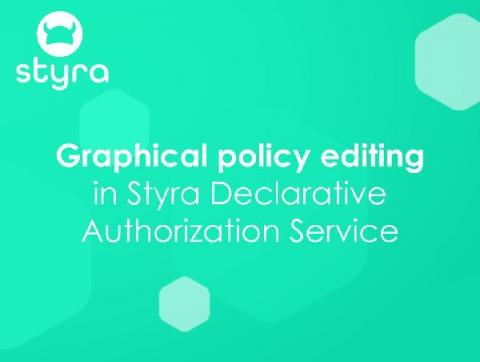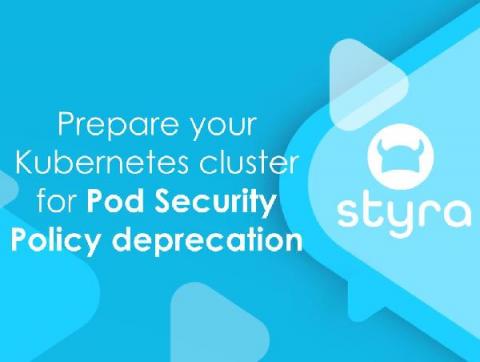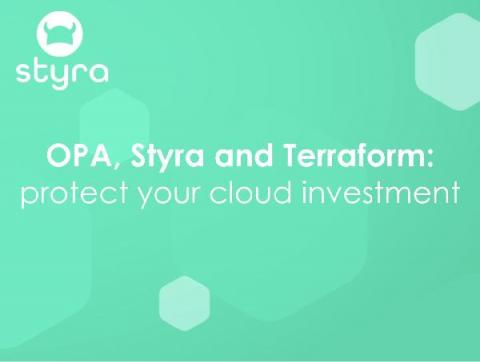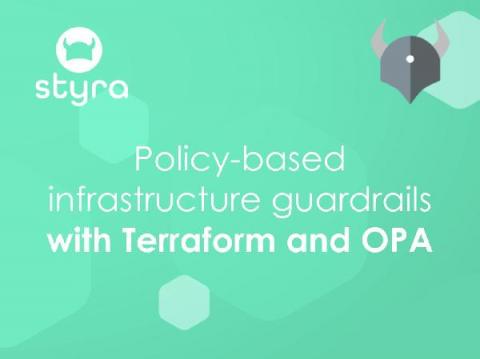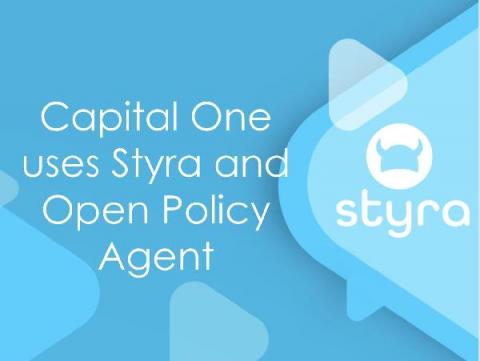Styra DAS: Building for the Open Policy Agent community
It’s been a great year so far for the Open Policy Agent (OPA) project and community. OPA achieved graduated status in the Cloud Native Computing Foundation (CNCF) in February and is quickly nearing 100 million downloads! With all this growth, we were excited to see the results of the second annual Open Policy Agent user survey. As I mentioned in my post on the Open Policy Agent blog, we survey the community to help better steer the project's long-term roadmap in the right direction.


